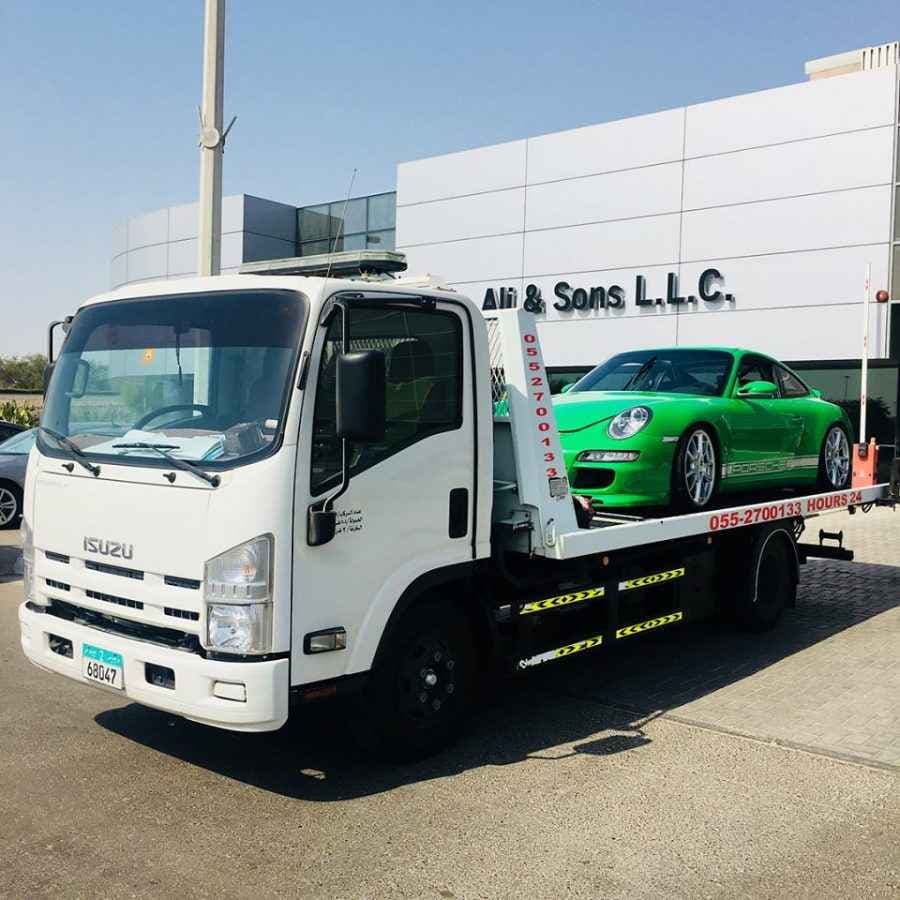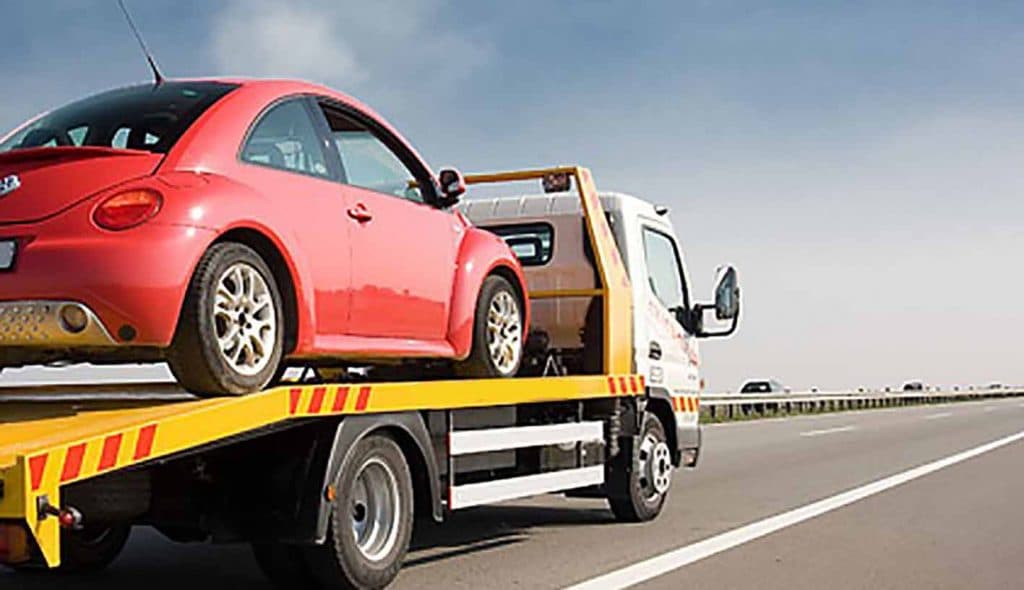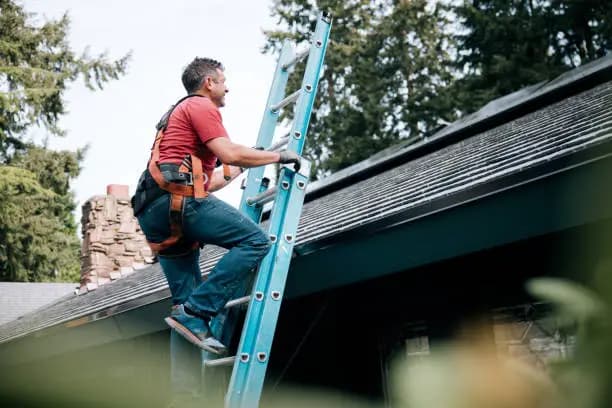Towing a vehicle may seem straightforward, but it’s actually a task that demands attention to detail, proper equipment, and some technical know-how. Whether you're hauling a car, trailer, boat, or camper, making mistakes can lead to accidents, vehicle damage, or even injuries. Beginners, in particular, are prone to common errors due to inexperience.
In this guide, we’ll cover the 7 most common towing mistakes that beginners make and offer expert tips on how to avoid them. By the end of this article, you’ll be better prepared to tow safely and confidently.
1. Not Knowing Your Vehicle's Towing Capacity
One of the biggest—and most dangerous—mistakes beginners make is ignoring their vehicle's towing capacity. Every vehicle has a specific towing limit outlined in its owner’s manual or manufacturer specifications.
Why it matters:
- Exceeding the limit can strain your engine, transmission, and brakes.
- It increases the risk of losing control while towing.
- It can void your warranty or lead to costly repairs.
Expert Tip:
Always check your Gross Vehicle Weight Rating (GVWR) and Gross Combined Weight Rating (GCWR) before towing. Factor in cargo, passengers, and trailer weight.
2. Improper Trailer Weight Distribution
Many beginners overlook how their trailer is loaded. Uneven weight distribution can make the trailer sway dangerously while in motion.
Common mistakes:
- Too much weight at the back causes swaying.
- Too much in the front can overload the hitch.
Why it matters:
- Poor balance affects handling, braking, and fuel efficiency.
- It may lead to jackknifing or rollovers.
Expert Tip:
Follow the 60/40 rule: 60% of the weight should be in the front half of the trailer. Also, secure your cargo to prevent shifting during transit.
3. Using the Wrong Towing Equipment
Not all towing gear is universal. Using the wrong hitch, tow bar, or coupler can result in detachment, damage, or even legal issues.
Beginner mistakes include:
- Mismatched ball and coupler sizes
- Worn-out safety chains
- Underrated tow hitches
Expert Tip:
Buy high-quality towing equipment rated for your specific setup. Double-check that all components match and are properly connected.
4. Neglecting Brake and Light Connections
Towing a trailer isn’t just about hitching and going. You need functional brake and light connections to ensure safety on the road.
Why it matters:
- Trailer brakes help you stop safely, especially with heavy loads.
- Brake lights, turn signals, and running lights are legally required.
Common beginner mistake:
Failing to test the electrical system before departure.
Expert Tip:
Perform a full inspection of the brake system and electrical connections. Test brake lights and indicators before every trip.
5. Underestimating the Impact on Driving Behavior
Towing changes your vehicle’s dynamics. Acceleration is slower, stopping distances are longer, and turning requires more space.
Common beginner errors:
- Taking sharp turns too fast
- Failing to brake early
- Forgetting to use tow/haul mode (if available)
Why it matters:
- Your margin for error shrinks dramatically when towing.
- Poor handling increases accident risk.
Expert Tip:
Practice driving with the trailer in a safe area before hitting the road. Get comfortable with reversing, turning, and parking with your trailer attached.
6. Ignoring Local Towing Laws and Regulations
Each state or country has different laws regarding towing. Beginners often skip researching legal requirements.
Mistakes include:
- Not using trailer brakes when required
- Overlooking speed limits for towed vehicles
- Failing to display required license plates or stickers
Why it matters:
- You could face fines, impoundment, or insurance issues.
- Non-compliance can affect your liability in an accident.
Expert Tip:
Check with your DMV or transport authority for regulations on weight limits, trailer brakes, safety chains, and lighting.
7. Skipping Pre-Trip Inspections and Maintenance
Just like a pilot checks their aircraft before takeoff, you should inspect your vehicle and trailer before every towing trip.
Areas to inspect:
- Tire pressure and tread
- Hitch and safety chain security
- Brake and light connections
- Fluid levels (engine oil, transmission, coolant)
Expert Tip:
Create a towing checklist and use it every time. Routine inspections can prevent roadside emergencies and extend your vehicle’s life.
Bonus Tip: Invest in Towing Mirrors
Standard side mirrors may not give you a full view when towing wide trailers. Towing mirrors improve visibility and help with lane changes and reversing.
Why it helps:
- Reduces blind spots
- Improves confidence on highways
Final Thoughts
Towing doesn’t have to be intimidating, but it does require preparation, awareness, and respect for your vehicle’s capabilities. By avoiding these 7 common mistakes, beginners can ensure a safer and more efficient towing experience.
Key takeaways:
- Know your vehicle’s limits.
- Use the right gear.
- Practice before hitting the road.
- Follow local laws.
- Perform routine inspections.
With time and practice, you'll become more confident and capable when it comes to towing. Whether it’s a weekend trip with your camper or transporting a car across town, safety should always be your top priority.
Need professional help?
If towing still feels overwhelming, consider hiring a certified towing service. It’s often safer and more cost-effective in the long run.
Stay safe and tow smart!


